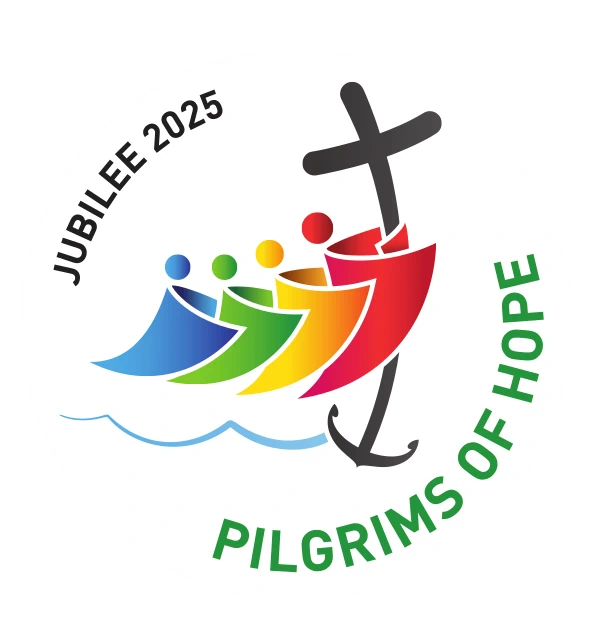Spanish
Intent
At St. Elizabeth’s, we aim for children to have acquired the essential characteristics of language learners through a relevant, broad, vibrant and ambitious MFL curriculum:
- An understanding of the relationships between language and identity and a deeper understanding of other cultures from around the world, including a better awareness of self, others and cultural differences.
- The confidence to communicate in Spanish, speaking with good intonation and pronunciation about a variety of subjects.
- A desire to embrace challenging activities, including a variety of tasks involving the 5 key skills of learning a language: listening, speaking, reading, writing and grammar.
- The ability to communicate with a level of fluency and imagination, in spoken and written form.
- The ability to read and listen to pieces of text with fluency and understanding.
- A passion for Spanish and an enthusiastic engagement in learning, which develops a positive curiosity about the language and builds the skillset to produce life-long language learners.
- A strong awareness of the culture and countries where the language is spoken.
- A passion for languages and a commitment to the subject.
- The ability to use language creatively and spontaneously, in a variety of contexts, laying down solid foundations for future language learning.
- An independence in their studies and the ability to draw upon a wide range of resources.
Implementation
Curriculum drivers shape our curriculum breadth in MFL. They are derived from an exploration of the backgrounds of our students, our beliefs about high quality education and our values. They are used to ensure we give our students appropriate and ambitious curriculum opportunities. Our curriculum drivers are community, spirituality, culture, democracy and possibilities.
Cultural capital gives our students the vital background knowledge required to be informed and thoughtful members of our community who understand and believe in British values.
Curriculum breadth is shaped by our curriculum drivers, cultural capital, subject topics and our ambition for students to study the best of what has been thought and said by many generations of academics and scholars.
Our curriculum distinguishes between subject topics and ‘Curriculum Themes’. Subject topics are the specific aspects of subjects that are studied.
Curriculum Themes tie together the subject topics into meaningful schema. The same concepts are explored in a wide breadth of topics. Through this ‘forwards-and-backwards engineering’ of the curriculum, students return to the same themes over and over and gradually build understanding of them.
In MFL, these curriculum themes are;
- Read fluently (involving recognising key vocabulary and phrases)
- Write imaginatively (using key vocabulary and phrases to write ideas)
- Speak confidently (using key vocabulary and phrases to verbally communicate ideas)
- Understand the culture of the countries in which the language is spoken (involving the background knowledge and cultural capital needed to infer meaning from interactions)
Golden Threads
These ‘Golden Threads’ help students to relate each topic to previously studied topics and to form strong, meaningful schema. In MFL these Golden Threads include; Reading, Writing, Speaking, Listening, Grammar and Culture.
Cognitive science tells us that working memory is limited and that cognitive load is too high if students are rushed through content. This limits the acquisition of long-term memory. Cognitive science also tells us that in order for students to become creative thinkers or have a greater depth of understanding they must first master the basics, which taken time.
Milestones
For each of the Curriculum Themes, there are three milestones, each of which includes the procedural and Golden Threads in each subject, giving students a way of expressing their understanding of the Curriculum. As MFL is taught only in KS2, pupils begin their learning within milestone 2, which is taught across Years 3 and 4 and milestone 3, which is taught across Year 5 and Year 6
Cognitive Domains
Within each year group, students gradually progress in their procedural fluency and semantic strength through three cognitive domains: basic, advancing and deep. The goal for students is to display sustained mastery at the ‘advancing’ stage of understanding by the end of each phase (EYFS, Key Stage 1, Lower Key Stage 2, Upper Key Stage 2) and for the most able to have a greater depth of understanding at the ‘deep’ stage.
Pedagogical Content Knowledge and Strategies
As part of our progression model, we use a different pedagogical style in each of the cognitive domains of Remembering, Knowing and Understanding. This is based on the research of Sweller, Kirschner and Rosenshine who argue to direct instruction in the early stages of learning and discovery-based approaches later. We use direct instruction in the Remembering domain and problem-based discovery in the Reasoning domain. This is called the reversal effect.
Our curriculum design is based on evidence from cognitive science; three main principles underpin it:
- Learning is most effective with spaced repetition.
- By revisiting Golden Threads, pupils are able to build a strong schema, and develop skills as language speakers.
- Retrieval of previously learned content is frequent and regular, which increases both storage and retrieval strength.
In addition to the three principles, we also understand that learning is invisible in the short-term and that sustained mastery takes time.
Our content is subject specific. We make intra-curricular links to strengthen schema.
Continuous provision, in the form of daily routines, replaces the teaching of some aspects of the curriculum and, in other cases, provides retrieval practice for previously learned content.



